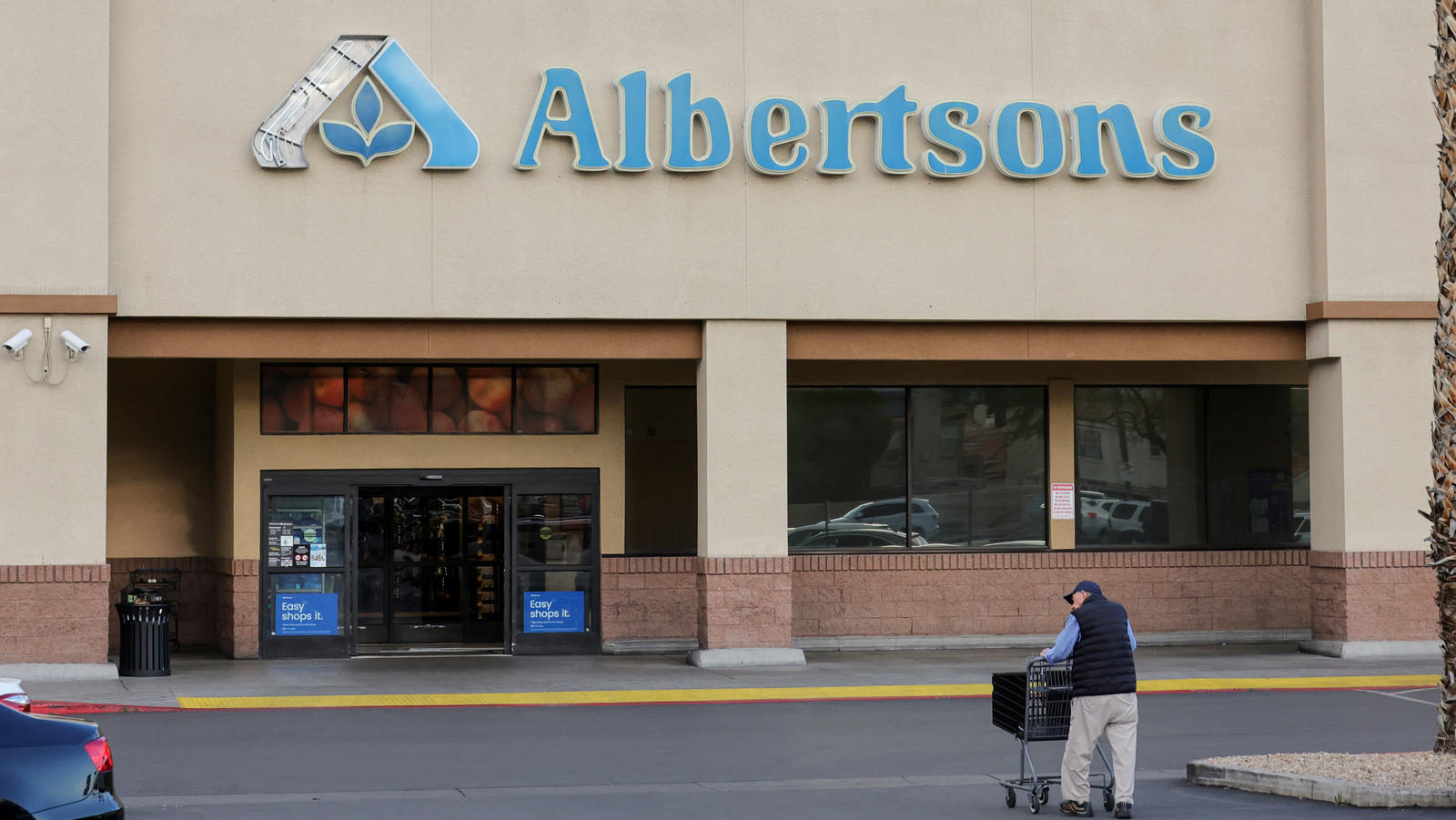
The largest grocery chain merger in history has not only been terminated, but the once hopeful partnership between Albertsons and Kroger has taken an unexpected turn. Albertsons is now suing Kroger for $600 million in damages for allegedly failing to do its part in securing the agreement. Albertsons and Kroger are two of the largest supermarket companies in the country, with many regional grocery chains falling under the umbrella of the two brands.
Albertsons owns brands such as Jewel-Osco, Vons, Shaw's, Acme, Tom Thumb, Randalls, United Supermarkets, and others. Kroger is responsible for grocery brands such as Ralphs, Dillons, Smith's, City Market, Mariano's, and others. Together, the two grocery companies are responsible for around 6,000 stores nationwide, and have been attempting to combine their respective businesses since 2022.

Unfortunately for both, two judges, both federal and state, recently ruled to block the merger from happening. A federal judge in Oregon issued a preliminary injunction to block the deal, and a judge in Washington ruled to block the merger on the basis that it would lessen competition in the state and violate consumer protection laws. Following these decisions, Albertsons not only gave up hope for the merger, but then chose to sue Kroger for not giving up enough of its assets to achieve antitrust approval, ignoring feedback from regulators, not cooperating with Albertsons, and thus violating the merger agreement.
In response, Kroger denied these allegations and said that it was Albertsons that repeatedly breached the agreement and interfered with the merger. It appears regulatory rejection has led the two parent companies to turn on each other, but this relationship, like most, started off with good intentions. Since the announcement of their potential joining, it was Albertsons and Kroger against the world (i.
e. the FTC and other consumer protection groups). The long, slow demise of the Albertsons and Kroger merger In 2022, Kroger announced that it would be purchasing Albertsons for $24.
6 billion, making the deal and one that would've likely affected the way people shop across the country. The two, in discussion of the merger, or lead to monopolistic practices. Part of those initial plans included the two chains selling off hundreds of stores to appease the Federal Trade Commission as it evaluated the deal.
The FTC had concerns the merger would create a lack of competition among grocery stores and lead to higher prices for consumers. In 2023, Kroger and Albertsons . After that, Kroger made a more direct plea to the public by should the merger go through.
Many workers unions were also concerned about the merger leading to layoffs, lower wages and potentially worse working conditions. Kroger again made promises to invest its money in preventing those issues. All of these efforts were unsuccessful, though, as the FTC later sued to block Kroger's acquisition of Albertsons.
This announcement had many of us believing . The initial legal challenges were brought up back in February, and it wasn't until now that the deal was officially squashed. Years of divestures and attempts to allay the concerns of antitrust and consumer protection groups, and the results of this civil suit seem to be the only remaining development for this saga among these grocery giants.
Recommended.













